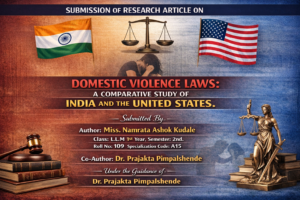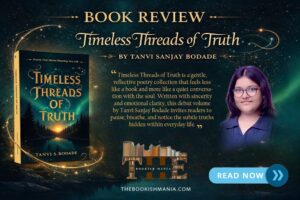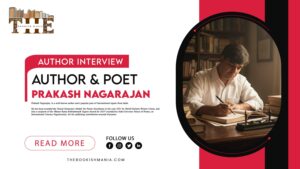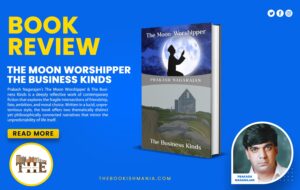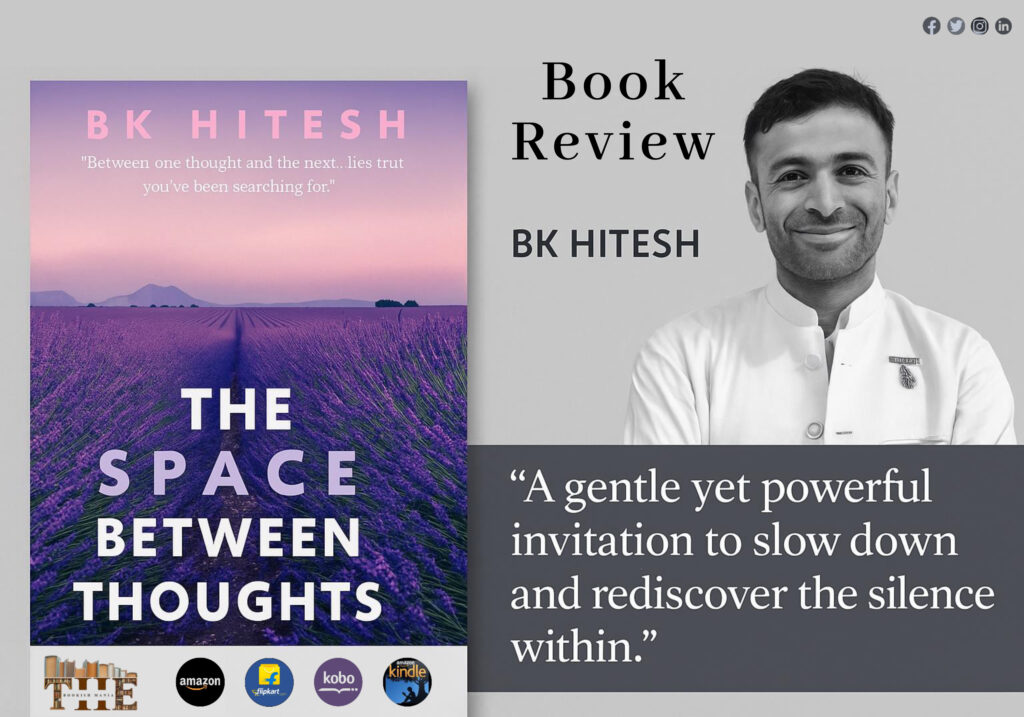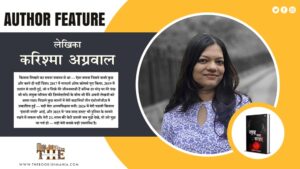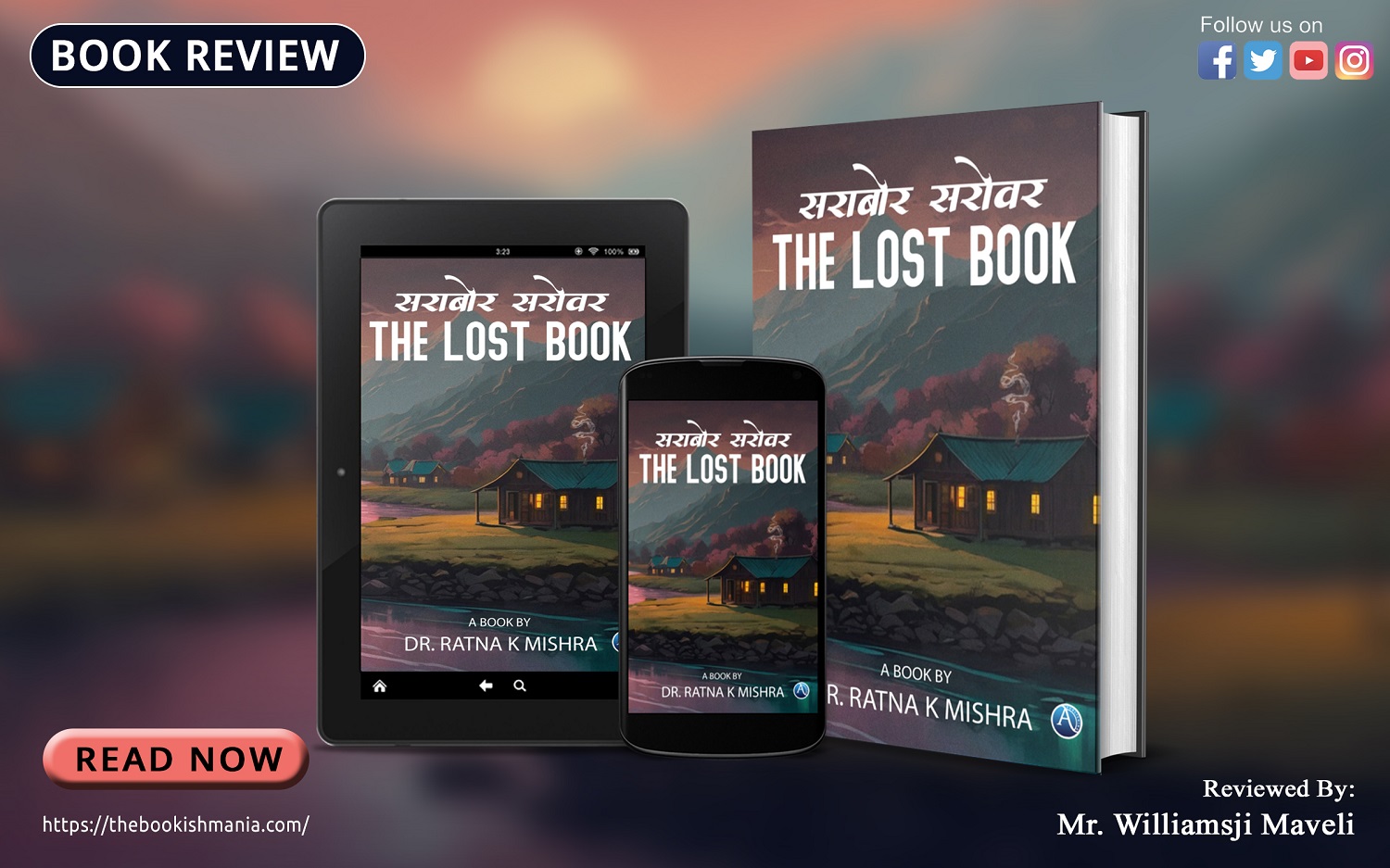
Dr. Ratna K Mishra’s “The Lost Book” stands as a remarkable literary achievement, guiding readers through a journey rich in poetic beauty and philosophical insight. This collection, featuring sixty-six evocative Nepali poems, bridges linguistic divides and resonates deeply across diverse cultures. What distinguishes “The Lost Book” is its capacity to build a sense of community and celebration. The poet invites readers to explore the text collectively, fostering a shared experience that surpasses individual interpretations. Whether you are a linguistic enthusiast or simply in search of a thought-provoking read, this book promises a unique and rewarding exploration.
The poet’s skillful storytelling and the lyrical quality of the Nepali verses weave a tapestry that is both intellectually stimulating and emotionally impactful. “The Lost Book” transcends traditional literature, offering an invitation to marvel at life’s wonders, forge connections with others, and seek meaning in our collective human journey. The book serves as a celebration of poetry, drawing poetry lovers together to honor life. Its underlying message of unity, friendship, and reverence for existence is evident throughout. The incorporation of three languages highlights a rich cultural mosaic, with the myriad interpretations adding layers of depth that invite personal reflection.
Described as “an every individual’s fable,” the book resonates on a deeply personal level, providing a framework for understanding one’s own experiences. Overall, it acts as a “Call to Friendship and Community,” beginning with the theme of friendship and emphasizing the significance of human connection. One of the poems from this amazing book of poetry titled “Beloved,” captures a moment of deep affection and romantic connection through a blend of sensory imagery and emotional reflection. The title “Beloved” immediately sets a tone of intimate and cherished emotion. It indicates that the poem is addressed to someone of great significance, highlighting the depth of affection and reverence the poet feels.
The word “Beloved” is described as something integral to the poet as if it’s part of his very being. The metaphor of weaving suggests that the feeling is deeply embedded in their identity. “Evening Clip from Your Town” – This phrase evokes a sense of nostalgia and connection to a specific place and time. It suggests that the memory or the experience is linked to the beloved’s background or hometown, adding a layer of personal significance. The poem uses imagery related to evening and night, which are often associated with romance and introspection. The reference to stars and fragrance enhances the sensory experience, creating a vivid backdrop for the emotions described.
“Moon as a Drink” – This metaphor suggests a desire to savor or consume the beauty and tranquility of the night. The moon here represents an idealized, almost intoxicating element of the evening. The physical sensations described (touching lips, feeling dazed) emphasize the intensity of the poet’s emotions. The amazement at the beloved’s waist could symbolize admiration and enchantment.
The smile is portrayed as a lasting memory, a keepsake of the cherished moment. The phrase “Fateful love reached mile” suggests that their love has traveled a significant distance, indicating growth and deepening connection. The poem’s primary theme is the deep and cherished bond between the speaker and their beloved. The use of sensory and emotional imagery highlights the profound impact of this relationship on the poet.
There is a sense of looking back with fondness and appreciation. The references to specific times (dusk, evening) and personal elements (the beloved’s town) indicate that the speaker treasures these moments deeply. “Beloved” is a beautifully evocative poem that uses rich imagery and sensory details to explore themes of romantic connection, nostalgia, and idealization. The poet’s affection for his beloved is conveyed through a blend of personal and universal experiences, creating a poignant and memorable portrayal of love.
Combining elements of scholarship with poetic artistry, “The Lost Book” stands as both a scholarly work and a creative literary endeavor, marked by its linguistic achievements and the inclusion of sixty-six Nepali poems. Dear Poet Dr. Ratna K Mishra, Please accept my sincerely congratulations, Stay blessed. Love and Light.
Book: The Lost Book: सराबोर सरोवर

Reviewed By:
Author: Dr. Ratna K Mishra
Mr. Williamsji Maveli (Author, Kerala State-India)
Williamsji Maveli is the senator member of WORLD UNION OF POETS and Founder of WHORLED WIDE WRITERS, world’s most active writer’s forum. He is a member of WORLD NATIONS WRITERS UNION holding an additional honorary member status in their academy World Higher Literary Academic Council (WHLAC).

